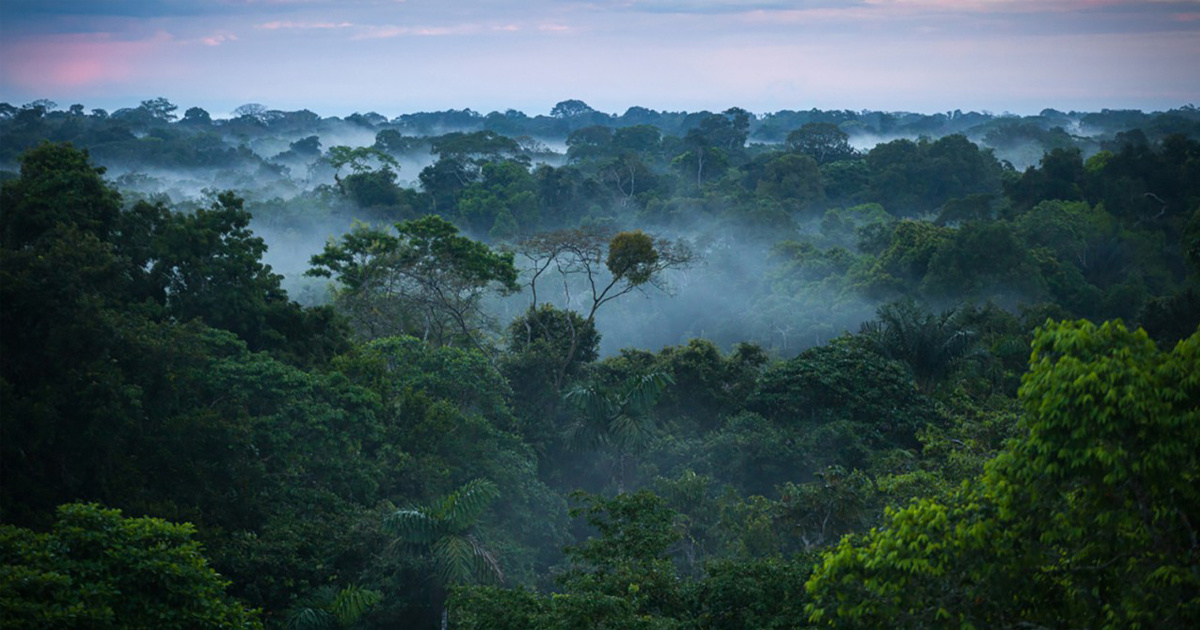Brazil is at a critical crossroads. A sweeping new development law passed by Congress is poised to transform the country’s environmental licensing framework, sparking serious concerns from climate experts, human rights advocates, and indigenous leaders. The legislation, now awaiting President Luiz Inácio Lula da Silva’s final decision, has drawn criticism for enabling large-scale deforestation in the Amazon and threatening the constitutional rights of indigenous communities.
Supporters argue the measure will reduce bureaucracy and stimulate much-needed infrastructure growth. But detractors warn that, if approved, the law would represent one of the most significant environmental rollbacks in Brazil’s democratic history, placing over 18 million hectares of land—an area the size of Uruguay—at risk.
What the New Law Proposes: Efficiency or Environmental Loophole?
The proposed law would streamline Brazil’s environmental licensing system by introducing mechanisms to accelerate approvals for development projects—including energy installations, mining operations, dams, and roads. One of the most contentious features is the introduction of a self-declaration process for certain projects classified as “low impact.” Under this framework, developers could submit environmental impact information through an online form without rigorous agency review.
Another provision would automatically renew licenses for projects that have not undergone major changes, bypassing updated environmental assessments. Environmentalists argue this opens the door for unmonitored expansions of harmful projects, particularly in sensitive regions like the Amazon rainforest.
In cases where federal and state environmental agencies fail to process licenses within 12 months (extendable to 24 months), the law allows for automatic approvals—a measure critics describe as a legal time bomb that may fast-track ecologically damaging ventures.
Explore Brazil’s current environmental policies through IBAMA – Brazilian Environmental Institute.
Deforestation, Indigenous Rights, and the Amazon’s Future
At the heart of the debate lies the Amazon rainforest—home to over 3 million species and thousands of indigenous communities. Brazil has made major strides in recent years to reduce illegal deforestation, but 2024 saw a resurgence of forest loss, driven by drought-related fires, logging, and land-clearing.
Experts argue the new bill would weaken enforcement capabilities and eliminate critical safeguards, such as environmental impact assessments and prior consultations with indigenous and quilombola communities. These protections are guaranteed under Brazil’s Constitution and international agreements such as ILO Convention 169, which requires informed, prior consultation before projects affecting indigenous territories.
The new law would also limit community participation by only requiring consultation when a project has a “direct” impact—leaving much room for interpretation. Rights groups fear this clause could be exploited to exclude traditional communities from decision-making processes, a violation of their constitutional and cultural rights.
You can learn more about the role of indigenous communities in Brazil’s environmental governance at Instituto Socioambiental (ISA).
International Implications Ahead of COP30
The global implications of the proposed legislation are profound. Brazil is set to host COP30 in 2025 in Belém, a symbolic location deep within the Amazon basin. The summit is expected to place environmental justice and indigenous sovereignty at the forefront of global climate discussions.
UN experts have already warned that passing the law would contradict Brazil’s international environmental commitments, especially under the Paris Agreement. Critics fear the law’s approval could damage Brazil’s standing in global climate negotiations, deter green investment, and delay long-term goals to achieve net-zero deforestation.
Additionally, the bill could strain Brazil’s diplomatic relationships with international allies and environmental organizations that have praised the country’s leadership in biodiversity protection and sustainable development.
Track COP30 preparations and Brazil’s climate policy at UN Climate Change – UNFCCC.
What Happens Next?
The fate of the bill lies in the hands of President Lula da Silva, who has until August 8 to sign or veto the legislation. While Environment Minister Marina Silva has been a vocal opponent—calling the law a “death blow” to environmental protections—there are political tensions within the administration. President Lula has previously supported oil exploration in the Amazon basin, suggesting differing priorities between economic growth and environmental stewardship.
Even if the president vetoes the bill, Brazil’s conservative-led Congress could override the decision, potentially making this the most significant environmental battle of Lula’s third term.
Brazil’s Climate Observatory has called the legislation the “biggest environmental setback” since the military dictatorship, a period marked by forced displacement and unchecked ecological degradation.
Conclusion: A Critical Test for Brazil’s Environmental Future
This new development law is more than a legislative reform—it is a test of Brazil’s commitment to balancing economic development with environmental responsibility and human rights. The outcome will not only shape the future of the Amazon and its people, but also determine Brazil’s credibility on the world stage ahead of a crucial climate summit.
The world is watching. As the deadline approaches, the decision made in Brasília will echo far beyond the rainforest—reverberating through courtrooms, boardrooms, and global climate forums.







